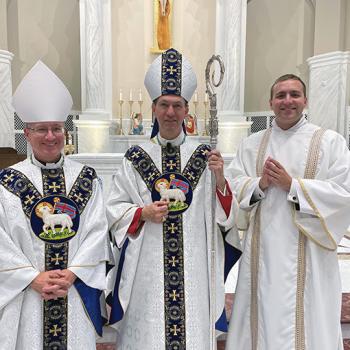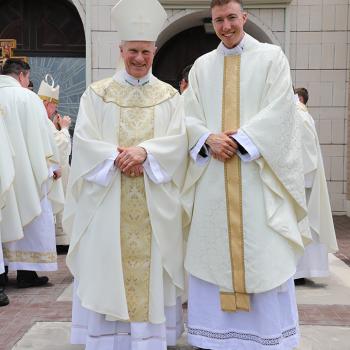Throughout history there have been many ideas about grace that have been put forth. From the early church writers, St. Thomas Aquinas, Martin Luther, and in the modern era with Henri De Lubac and Karl Rahner offer various theories regarding grace and the nature of man have been put forth. From a Neo-Thomist perspective, the one that is most problematic are the theories put forth by Fr. Karl Rahner.

Rahner And Grace
Rahner was taking further a few steps put forth by Henri De Lubac and Cardinal Cajetan who himself was commenting on Aquinas’s work in the Summa. For Rahner there is the nature of man, the supernatural existential, and grace. These terms are a sharp divergence from the terms employed by St. Thomas Aquinas. What exactly is the supernatural existential? The term puts forth that the very nature of man is grace itself.
Truly we are made in the image of God, but we are in a fallen nature prior to grace, so surely that existence is not part of grace itself. In Rahner’s view, especially with the supernatural existential mixed in, nature and grace are further separated. Not only are they further separated, but at the same time they are mixed together in such a way to make the two almost indistinguishable. This mixture of nature and grace which really cannot be distinguished, arguably, is the source of all the modern problems in theology.
Rahner And A Divergence
This also leads to a type of moral Pelagianism that is not what Henri De Lubac nor St. Thomas Aquinas held to. Lubac held that the end vocation of man was supernatural, but that it in no way result from pure human effort (Lubac 65). For Aquinas man has two natures. The first is nature before the fall in which he was created in a state of grace, and the other is after the fall in which nature was corrupt. Aquinas is very clear when he states, “And hence it is that no created nature is a sufficient principle of an act meritorious of eternal life, unless there is added a supernatural gift, which we call grace” (STII, Q114, A2).

Works Cited
Aquinas, Thomas. Summa Theologia. Trans. Thomas Gornall. Blackfriars, St. Joseph, IN: Ave Maria Press, 1981. Accessed September 9, 2018.
Lubac, Henri De. A Brief Catechesis on Nature & Grace. San Francisco, CA: Ignatius Press, 1984.
Saint Quotes For Reflection
“Our hearts were made for You, O Lord, and they are restless until they rest in You.”- St. Augustine of Hippo
“He who possesses God lacks nothing: God alone suffices.” -St. Teresa of Ávila
“Faith is like a bright ray of sunlight. It enables us to see God in all things as well as all things in God.” -St. Francis de Sales
“I love You, O my God, and my only desire is to love You until the last breath of my life. I love You, O my infinitely lovable God, and I would rather die loving You, than live without loving You. I love You, Lord and the only grace I ask is to love You eternally…My God, if my tongue cannot say in every moment that I love You, I want my heart to repeat it to You as often as I draw breath.” -St. John Vianney












